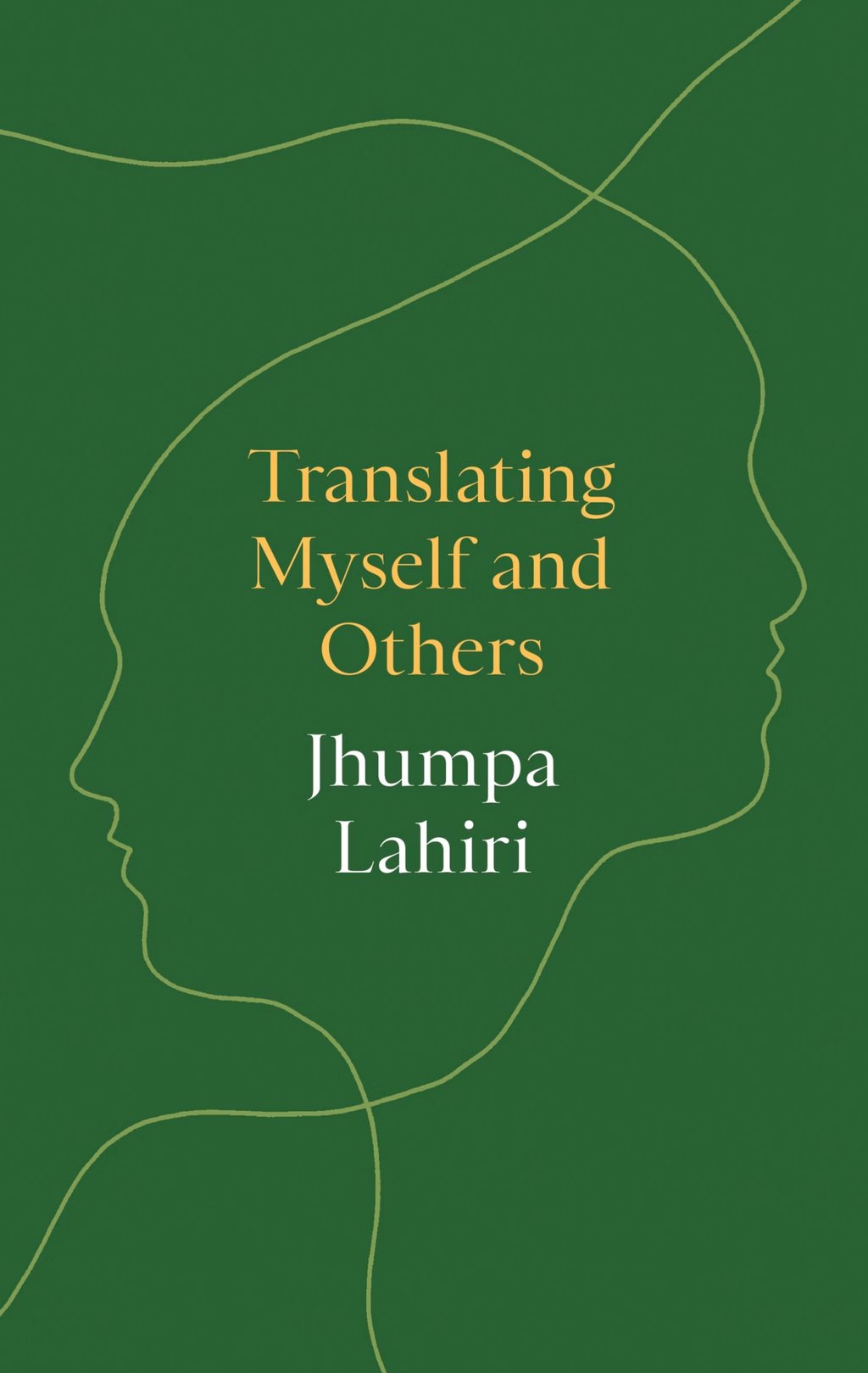Review | Jhumpa Lahiri, American writer, on her ‘Italian years’ and the freedom adopting another language has given her
- Translating Myself and Others, a collection of essays written since Jhumpa Lahiri switched languages and countries, is a portrait of humane curiosity
- Alongside personal reflections are essays on Italians such as writer Italo Calvino and Marxist philosopher Antonio Gramsci, jailed by dictator Benito Mussolini

Translating Myself and Others by Jhumpa Lahiri, pub. Princeton University Press
Seven years later, the fuss still sounds remarkable, not least when compared to everything else that was happening that year: the collapse of the Greek economy, the discovery of water on Mars, widespread attacks by Islamic State, and (plus ça change) war in Ukraine.
Viewed in its most positive light, the commotion was a product of Lahiri’s exalted status on the literary scene. Having launched her career with 1999’s short-story collection Interpreter of Maladies, she promptly won every major prize going: the Pulitzer, the O Henry Award, and The New Yorker’s Best Debut of the Year.

But the commotion also carried unsettling accents of nationalism and racism. A typical question aimed at Lahiri was: “Why Italian instead of an Indian language, a closer language, more like you?” Which begs the question: what is Jhumpa Lahiri supposed to be like?
